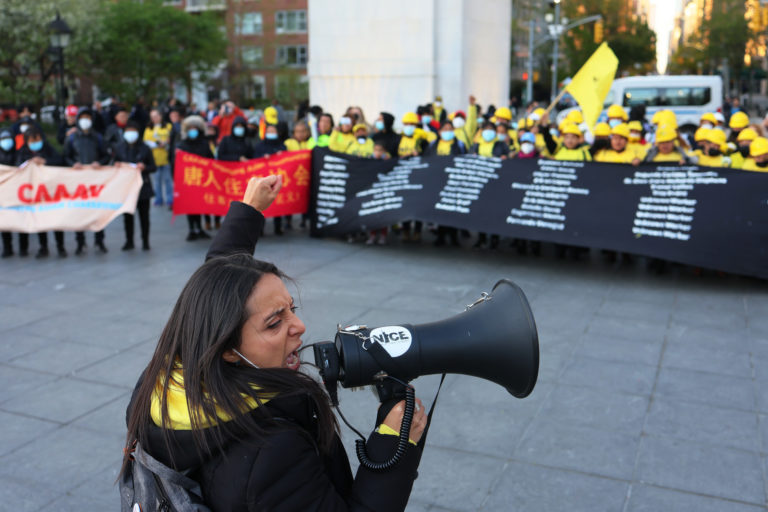Melissa Greenberg is a student at Harvard Law School.
Yesterday, Politico reported that Walmart, the country’s largest private sector employer, increased the pay of its entry-level managers in preparation for the Obama administration’s overtime rule. The company changed its starting salary from $45,000 to $48,500. This change allows the company to avoid paying overtime for these workers under the new rule scheduled to take effect on December 1st. The rule raises the overtime threshold to $47,500 from $23,660 a year. This regulation has come under attack from Republicans in Congress, the U.S. Chamber of Congress and other business groups, and 21 states. Read more here.
The Wall Street Journal posted an article yesterday seeking to explain why the technology revolution has not delivered more jobs even as tech companies have created enormous wealth. Although a growing number of workers were employed in computer and electronic companies in the 1990s, workers employed at this type of firm dropped from 1.87 million in 2001 to 1.03 million in August 2016. Tech companies’ decision to produce goods at lower costs, fewer public offerings of tech companies, a slowdown in the creation of tech startups, and increased automation have all contributed to the disappointing nature of the tech boom for workers. Learn more here.
The trend of Republican governors feuding with public sector unions continues in Massachusetts. The Boston Globe reported that Republican Governor Charlie Baker has created opposition among public sector unions. In particular, the article points to Baker’s support for a state ballot measure that would allow 12 new charter schools to be added a year. MA teacher unions have been vocal in their fight against the measure. Governor Baker has also faced opposition from the Boston Carmen’s Union, the Massachusetts Bay Transportation Authority’s largest union. The article’s author, Jim O’Sullivan, notes, “targeting public-sector unions and unpopular government agencies in the name of reform is a staple of many Republican governors’ political strategy.” These conflicts will likely continue as lawmakers on Beacon Hill move to deal with a state budget gap resulting from inaccurate revenue estimates.






Daily News & Commentary
Start your day with our roundup of the latest labor developments. See all
December 21
Argentine unions march against labor law reform; WNBA players vote to authorize a strike; and the NLRB prepares to clear its backlog.
December 19
Labor law professors file an amici curiae and the NLRB regains quorum.
December 18
New Jersey adopts disparate impact rules; Teamsters oppose railroad merger; court pauses more shutdown layoffs.
December 17
The TSA suspends a labor union representing 47,000 officers for a second time; the Trump administration seeks to recruit over 1,000 artificial intelligence experts to the federal workforce; and the New York Times reports on the tumultuous changes that U.S. labor relations has seen over the past year.
December 16
Second Circuit affirms dismissal of former collegiate athletes’ antitrust suit; UPS will invest $120 million in truck-unloading robots; Sharon Block argues there are reasons for optimism about labor’s future.
December 15
Advocating a private right of action for the NLRA, 11th Circuit criticizes McDonnell Douglas, Congress considers amending WARN Act.